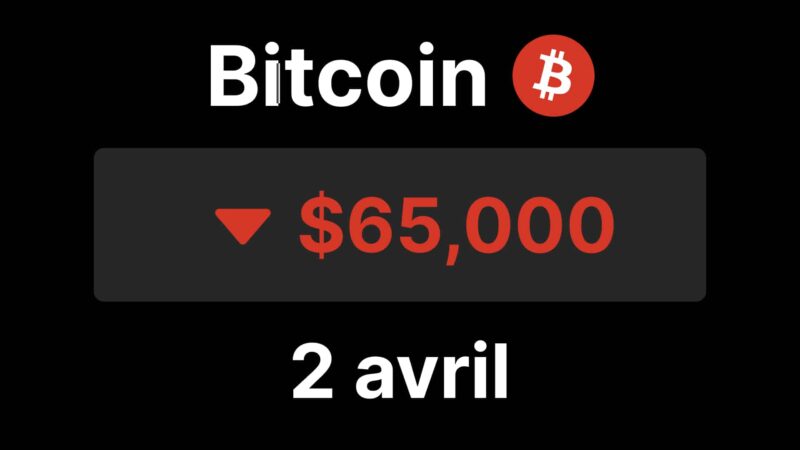Vanguard, with assets under management exceeding $10 trillion, is considering opening access to its clients to competitor’s crypto ETFs, after long refusing these products deemed too volatile.
From Categorical Rejection to Pragmatism
In January 2024, when the first spot Bitcoin ETFs emerged in the US, Vanguard promptly shut the door. The official stance? These products were deemed too risky to generate long-term solid returns, a historical creed of the house founded by Jack Bogle. However, Salim Ramji’s arrival at the helm of the company raised doubts. As the former head of ETFs at BlackRock and a key figure in the launch of IBIT, he was seen as a leader favorable to digital assets. Yet, by August 2024, he reiterated that Vanguard had no intention of launching its own crypto ETFs.
Today, the nuance is significant: while Vanguard still has no plans to issue its products, the asset manager is indeed considering opening access to third-party ETFs. In essence, clients could soon invest through the Vanguard platform in competitors’ Bitcoin or Ethereum funds.
An Impossible Demand to Ignore
Behind this shift, a simple realization emerges: the pressure comes from the investors themselves. According to a source close to the matter, the firm is “methodically analyzing” options to address a growing demand. With nearly 50 million clients and a reputation as a long-term stalwart, Vanguard can no longer afford to remain a bystander.
Regulatory context also favors this change. Under the Trump administration, the SEC not only eased pressure on the sector but also approved new standards accelerating the entry of crypto ETFs into the market. Within this framework, ignoring the trend would mean disconnecting from a portion of the market.
A Game-Changer for the Industry
If Vanguard follows through with this reversal, the leverage effect will be massive. The company is twice the size of its direct competitor in the US, and its entry, even indirectly, into the world of crypto ETFs would skyrocket their legitimacy among a more conservative audience. Michael Saylor, co-founder of MicroStrategy, did not hesitate to point out that Vanguard is already a major shareholder in companies exposed to Bitcoin, despite its official anti-crypto stance. On the other hand, analyst Eric Balchunas of Bloomberg sums up the situation with a hint of irony:
Vanguard is looking to end its ban on Bitcoin ETFs. It’s smart, Bitcoin and Ethereum ETFs are extremely popular, and Salim knows exactly how it works.
The potential approval from Vanguard not only signifies new access for its millions of clients but could also definitively dispel the idea that Bitcoin and Ethereum remain marginal assets in traditional finance.




